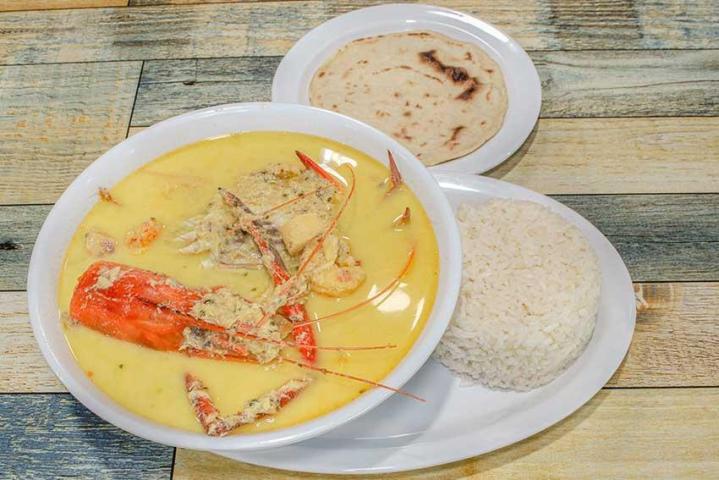How Is Nicaraguan Food Different from Other Central American Cuisines?

Nicaraguan cuisine stands out within Central America for its unique blend of indigenous, Spanish, and Afro-Caribbean influences, creating a distinct culinary identity. At Carne Asada, we explore what sets Nicaraguan food apart from its regional counterparts.
Fusion of Flavors: A Blend of Cultural Influences
Nicaraguan food is characterized by its fusion of flavors, reflecting the country's diverse cultural heritage. Indigenous ingredients like corn, beans, and plantains form the basis of many dishes, while Spanish colonization introduced ingredients such as rice, pork, and various spices. Afro-Caribbean influences contribute to dishes like Rondon, a hearty seafood stew featuring coconut milk and yucca, showcasing the coastal influence on Nicaraguan cuisine. Unlike its neighbors, Nicaraguan food tends to be less spicy and emphasizes slow-cooked dishes that highlight the natural flavors of the ingredients. For instance, Vigoron, a popular street food dish, combines yucca, pork rinds, and cabbage salad with a vinegar dressing, offering a refreshing yet satisfying combination of textures and flavors. At Carne Asada, we celebrate this diverse culinary heritage by offering authentic Nicaraguan dishes that capture the essence of the country's unique flavor profile.
Emphasis on Corn and Plantains: Staple Ingredients
Corn and plantains are central to Nicaraguan cuisine, distinguishing it from other Central American countries. Corn is used in various forms, from masa (corn dough) for tamales to freshly ground cornmeal in dishes like Pinolillo, a traditional drink made with cocoa, cornmeal, and spices. Plantains, both green and ripe, are utilized in numerous ways: fried as Tostones or sweetened and baked as Maduros, providing versatility in flavor and texture across different dishes. These ingredients are not only nutritious but also culturally significant, symbolizing the agricultural roots of Nicaraguan society. While neighboring countries also use corn and plantains, Nicaragua's approach to incorporating them into everyday meals and festive dishes like Nacatamales showcases a unique culinary tradition that blends indigenous, Spanish, and Afro-Caribbean influences harmoniously. At Carne Asada, we invite you to explore the diversity of Nicaraguan cuisine through our menu, where each dish tells a story of tradition, flavor, and cultural heritage.
With a lively atmosphere, friendly service, and delectable dishes, Carne Asada is your ultimate destination for a memorable dining experience. Come savor the taste of Latin America—visit us today!
